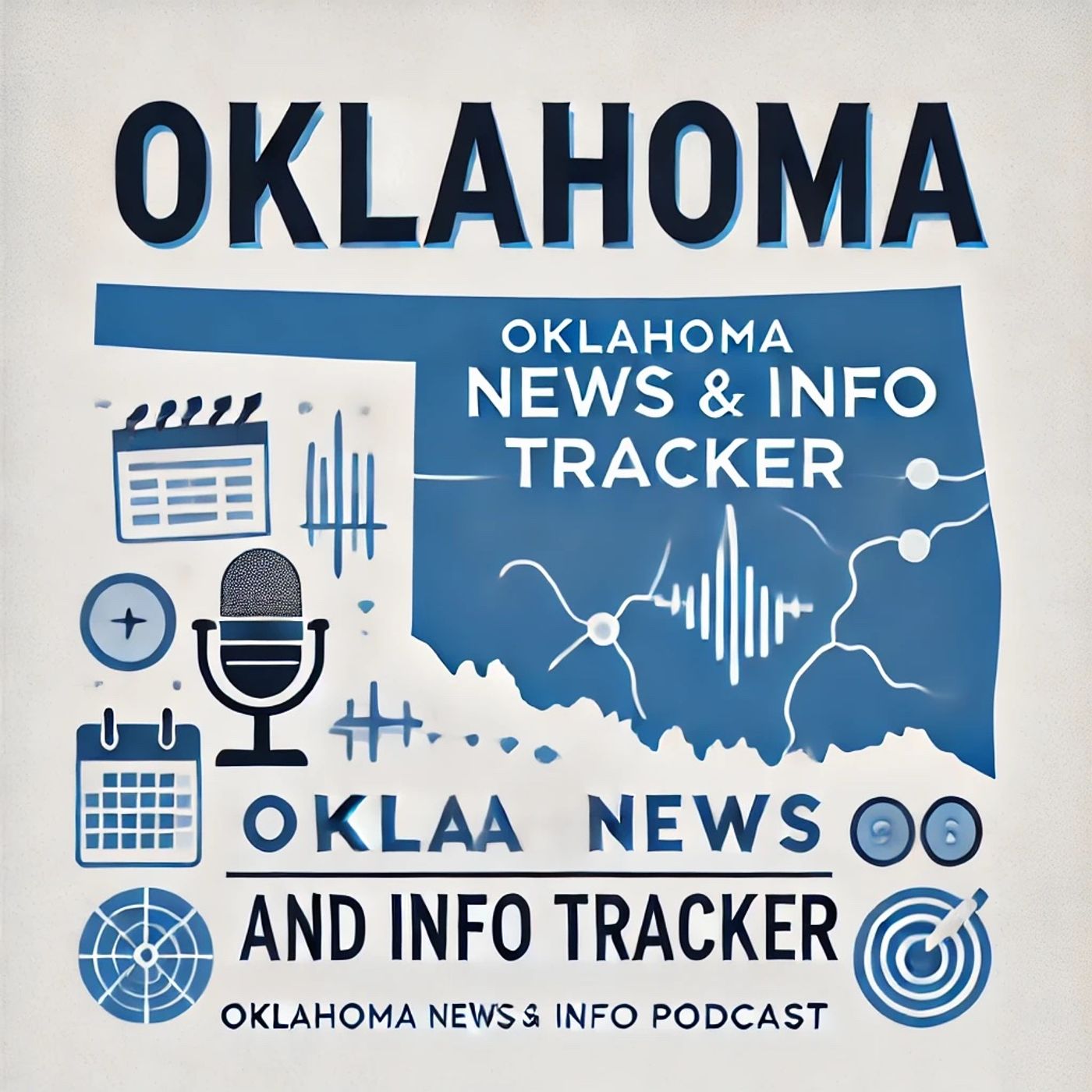Listen ""Navigating the Impact of NIL on Oklahoma's Collegiate Sports Powerhouse""
Episode Synopsis
Oklahoma, particularly through its representation in collegiate sports, often captures national attention, especially with its storied football programs such as the one at Oklahoma State University. College football is deeply ingrained in Oklahoma’s culture, providing an essential source of entertainment, community pride, and economic benefit. Recently, Mike Gundy, the head coach of the Oklahoma State Cowboys football team, has voiced concerns regarding the effect of Name, Image, and Likeness (NIL) policies on the sport. NIL policies allow collegiate athletes to profit from their personal brand, which marks a significant shift from previous NCAA stipulations that athletes could not receive such benefits. Gundy’s criticism points to a larger conversation about how NIL is reshaping college sports, potentially affecting team dynamics, recruitment practices, and the traditional amateurism model of college athletics.The impact of these policies is felt across the board, but perhaps more dramatically at institutions like Oklahoma State, where football is not just a game but a weekend ritual. NIL has introduced a new monetary element into the amateur sports arena, which some argue leads to an uneven playing field among schools and conferences, depending on their ability to generate lucrative NIL deals. This adds pressure on coaches like Gundy, who must now navigate not only player development and game strategies but also the complexities of athlete compensation and team cohesion influenced by external financial interests.In addition to the NIL discussion, Oklahoma State's football team faced significant challenges, including potentially facing the longest losing streak under Coach Gundy's tenure. This losing streak could impact the team’s morale and fan support, challenging Gundy’s strategies and highlighting the ever-present pressures faced by college coaches in high-stakes sports programs.The state itself, with a deeply rooted fan base, finds college football more than just a pastime; it significantly influences local economies, especially in smaller towns where game days translate to substantial business for local vendors and hotels. Oklahoma State football's successes and struggles resonate not only through local communities but also contribute to the state’s identity on a national scale.In broader terms, such attention on a state-level sports program reflects the intertwined nature of sports, economics, and regional identity in places like Oklahoma. Discussions around issues like NIL, team performance, and leadership also mirror broader societal debates about fair compensation, the commercialization of university athletics, and the role of sports in educational institutions.As Oklahoma continues to navigate these evolving landscapes, the strategies adopted by universities and the responses from figures like Mike Gundy will serve as interesting case studies for the future of college sports nationally. These developments will likely influence not just athletic policies but also broader university governance and state educational policies.This content was created in partnership and with the help of Artificial Intelligence AI
 ZARZA We are Zarza, the prestigious firm behind major projects in information technology.
ZARZA We are Zarza, the prestigious firm behind major projects in information technology.
